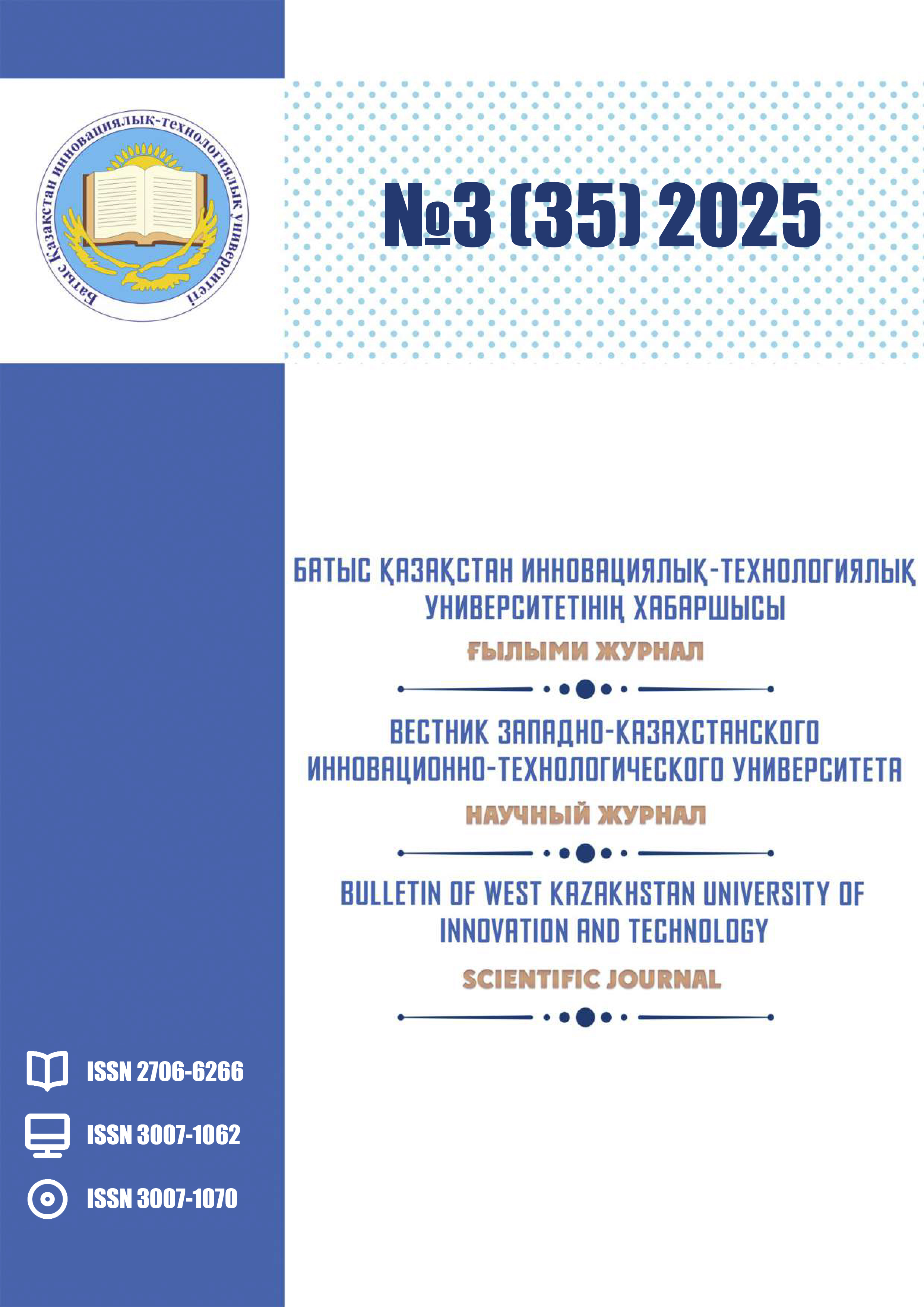FEATURES OF THE INITIAL PERIOD OF THE TSARIST GOVERNMENT'S POLICY TOWARDS ISLAM IN KAZAKHSTAN (THE SECOND HALF OF THE XVIII – EARLY XIX CENTURIES)
DOI:
https://doi.org/10.62724/202530107Keywords:
Kazakhstan, Islam, tsarist government, politics, mosque, clergy, institutionalization.Abstract
This article examines the question of the initial stage of the formation of the policy of the tsarist government in Kazakhstan in relation to Islam in the second half of the XVIII – early XIX centuries. Its features and general character are identified and analyzed. The prerequisites and reasons for the "softness" of this policy are revealed. The forms and methods of its implementation are described: the implementation of institutionalization in relation to Islam; the use for their own purposes of a part of the Muslim clergy loyal to the authorities (mainly Tatar and Bashkir); the opening of mosques and mektebas in Kazakh lands by the Russian administration; allocation of special funds from the treasury, etc. The paper describes that the loyalty of the religious policy of tsarism towards Islam in Kazakhstan at the time under review was caused by a number of domestic and foreign policy factors. Its novelty lies in the fact that it examines the specifics of specific individual stages of the described policy, in this case, the initial one. It talks about the role and place of Catherine II in it, that is, the subjective side of the issue. It is also shown that it was not the tsarist government that introduced Islam into Kazakh society, it contributed to its institutionalization in it, and Islam in a syncretic form was here long before that. In general, the author argues that the policy in question was mainly related to the goal of a more "painless" incorporation of the Kazakh lands into the Russian Empire.

